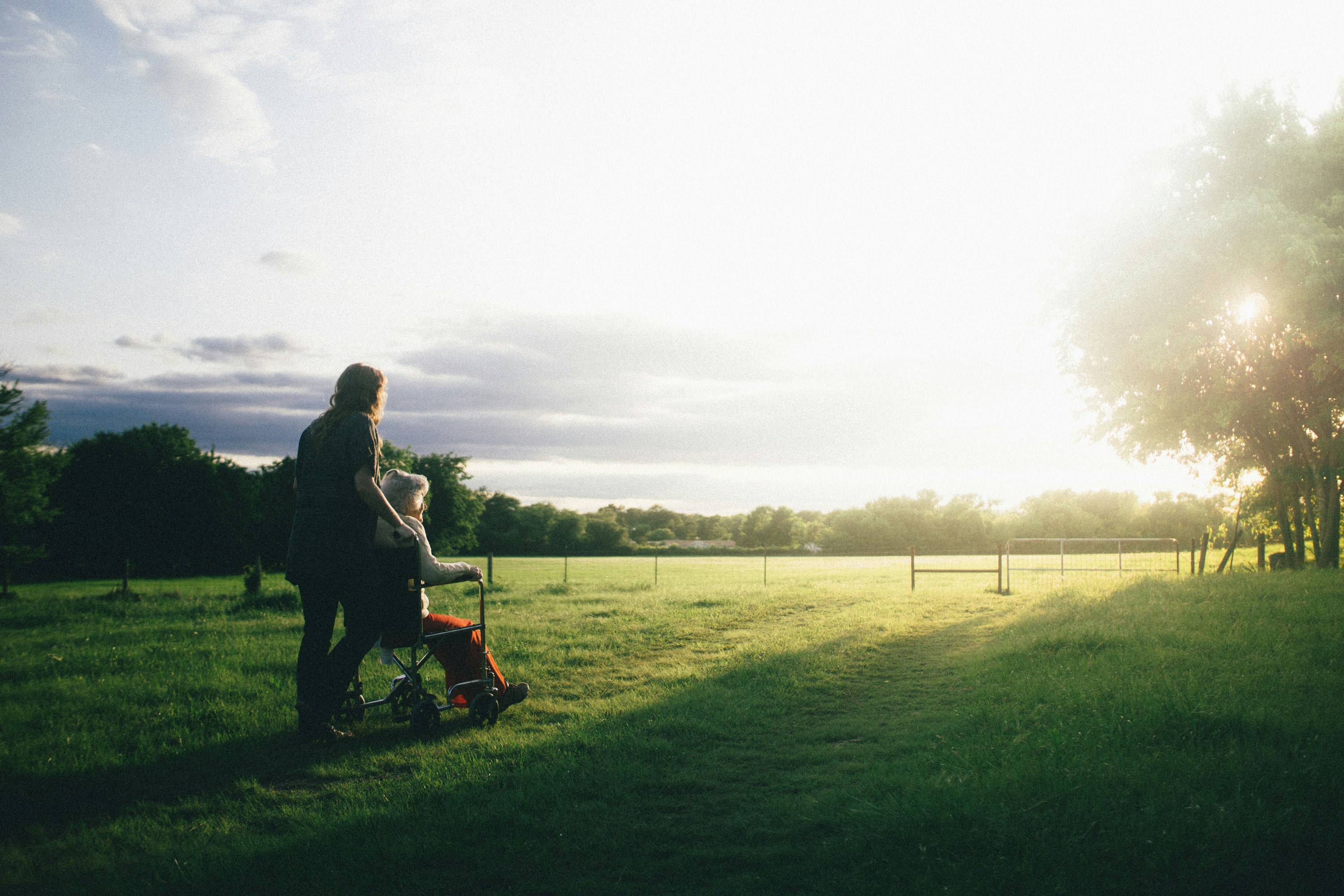News release
From:
Does being a caregiver affect older women’s longevity?
In an analysis published in the Journal of the American Geriatrics Society that included older US women, caregiving was associated with a lower risk of death over an average follow-up of 17.5 years.
In the analysis of 158,987 women aged 50–79 years when enrolled in the Women’s Health Initiative (a long-term national health study), 31.8% of women died during follow-up, and women who reported being a caregiver over 2 assessments 10 years apart had a 9% lower risk of dying from any cause compared with non-caregivers. Caregiving was also associated with lower risks of death from cardiovascular disease or cancer.
The associations did not differ according to caregiving frequency or when participants were stratified by age, race-ethnicity, depressive symptoms, optimism, or living status.
“The Centers for Disease Control and Prevention has recently identified caregiving as a major public health issue in our rapidly aging US population. The burden of caregiving demands and their influence on health will be substantial in coming years and is an increasingly important focus in epidemiologic research,” said corresponding author Michael J. LaMonte, PhD, MPH, of the University at Buffalo-SUNY.



 International
International



